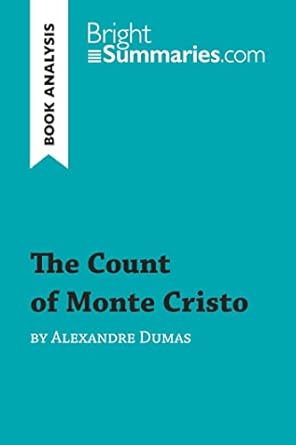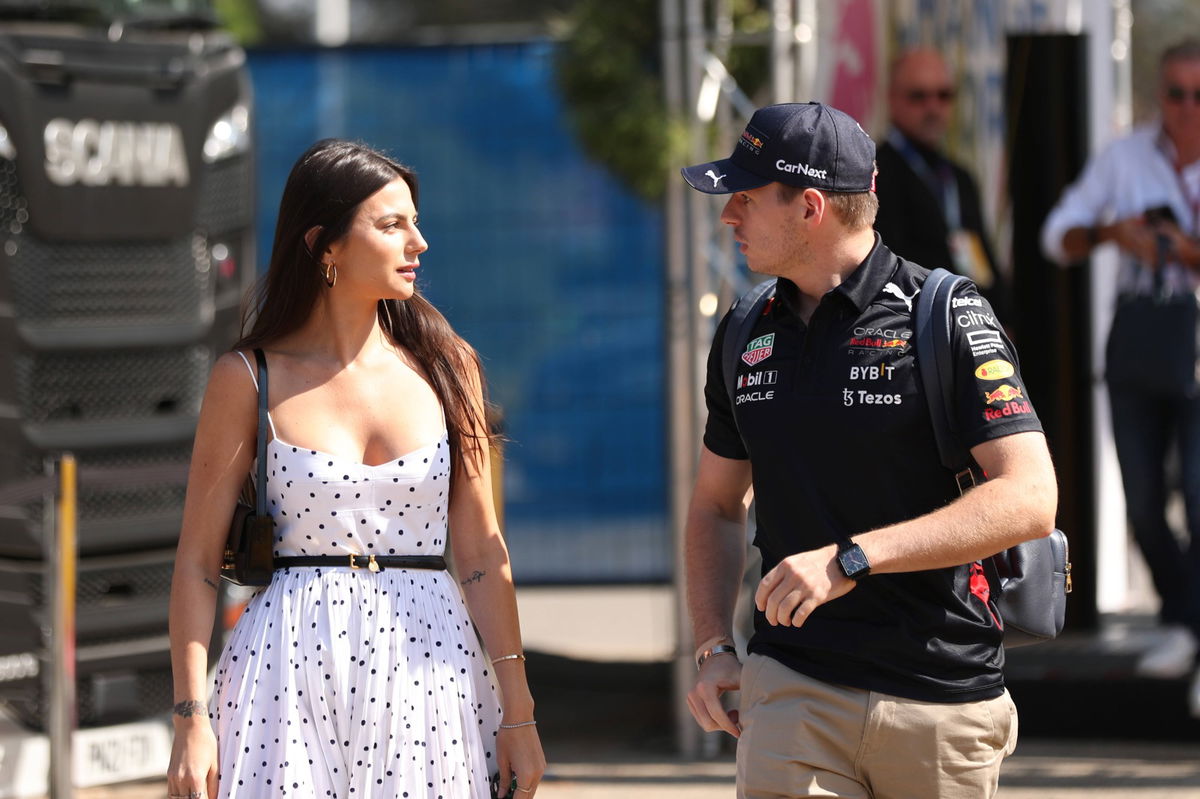The Count Of Monte Cristo: A Modern Look At A Classic Novel

Table of Contents
Enduring Themes of The Count of Monte Cristo
The Count of Monte Cristo is more than just a swashbuckling adventure; it's a profound exploration of complex human emotions and societal issues that remain strikingly relevant today. The novel masterfully weaves together themes of revenge, justice, betrayal, and redemption, prompting readers to contemplate the moral ambiguities inherent in each.
-
The Complexities of Revenge: Edmond Dantes's quest for revenge forms the backbone of the narrative. But is revenge ever truly justified? His actions, while undeniably satisfying to witness, raise critical questions about the nature of justice. Do the ends justify the means? A modern audience might find themselves grappling with the ethical implications of Edmond's meticulously planned retribution, contrasting his actions with contemporary understandings of restorative justice and forgiveness.
-
Betrayal and its Devastating Consequences: Edmond's journey is fueled by the profound betrayal he suffers at the hands of Fernand Mondego, Danglars, and Villefort. These acts of treachery not only shatter his life but also serve as a catalyst for his transformation. Analyzing these betrayals helps us understand the enduring power of malice and the lasting impact of broken trust, themes frequently explored in contemporary literature and film.
-
Redemption: A Difficult Path: Does Edmond ultimately find redemption? His journey is not a simple arc from victim to victor. The path to redemption, if it can even be called that, is fraught with morally ambiguous choices. His quest for revenge might be considered an act of self-destruction or a necessary evil. The novel invites us to consider the concept of redemption in its multifaceted forms, and whether true forgiveness is ever possible.
-
Societal Injustices Then and Now: The Count of Monte Cristo poignantly portrays the societal injustices and inequalities that existed in 19th-century France. The novel's exploration of classism, corruption, and abuse of power remains shockingly relevant in modern society, highlighting the enduring struggle for fairness and equality.
The Count of Monte Cristo's Characters: Then and Now
The characters in The Count of Monte Cristo are richly drawn, complex individuals whose motivations and actions continue to fascinate readers today. Examining them through a modern lens allows for a deeper understanding of their psychological complexities.
-
Edmond Dantes's Transformation: Edmond's journey from a naive, hopeful young man to the sophisticated and vengeful Count is a compelling study of character development. While we might sympathize with his initial plight, modern audiences may question the brutality of his methods and the moral cost of his revenge. His transformation raises questions about the corrupting influence of power and the potential for even the most righteous individuals to succumb to darkness.
-
Fernand Mondego: A Study in Jealousy and Ambition: Fernand's jealousy and ambition drive his betrayal of Edmond. Analyzing Fernand’s psychology reveals a chilling portrait of unchecked greed and the destructive consequences of envy. This character resonates with contemporary narratives exploring similar themes of ambition and betrayal found in movies and novels.
-
Mercédès: A Woman Caught in the Crossfire: Mercédès's choices and the complexities of her relationships with Edmond and Fernand offer a fascinating insight into the challenges faced by women in a patriarchal society. How her decisions are perceived today depends largely on a modern understanding of agency and societal expectations for women.
-
Supporting Characters and Their Significance: The supporting characters, such as Danglars and Villefort, are crucial in shaping the narrative and adding layers of complexity to the story. They highlight the prevalence of corruption and the ease with which individuals can be manipulated and coerced, contributing to the overall themes of injustice.
The Count of Monte Cristo and Modern Adaptations
The Count of Monte Cristo has inspired numerous adaptations across various media, each reflecting the sensibilities of its time. These adaptations offer interesting insights into how the story's themes and characters have been reinterpreted for modern audiences.
-
Film and Television Adaptations: From classic Hollywood versions to recent mini-series, the novel has seen numerous reinterpretations. Kevin Kline's portrayal in the 1998 adaptation or Jim Caviezel’s in the 2002 version, for example, highlight varying interpretations of Edmond Dantes. These adaptations offer different perspectives on the story, emphasizing specific themes and character arcs while altering the setting and details to fit modern sensibilities.
-
Reflecting Contemporary Values: Modern adaptations often adjust aspects of the original story to reflect contemporary social and cultural values. For example, some versions might focus more on the themes of social justice and inequality, while others might emphasize the psychological aspects of revenge and betrayal.
-
The Impact of Different Interpretations: The variations between adaptations reveal the enduring power and flexibility of Dumas's narrative, highlighting how his work can be reinterpreted for different times and audiences.
The Legacy of The Count of Monte Cristo
The Count of Monte Cristo's influence on literature and popular culture is undeniable. Its enduring popularity speaks to its ability to resonate with readers across generations.
-
Impact on Adventure Novels and Revenge Narratives: The novel's intricate plot, thrilling escapades, and satisfying revenge have shaped countless adventure novels and revenge narratives that followed. Its legacy is visible in the structure and themes of countless subsequent stories.
-
Influence on Modern Storytelling Techniques: The novel's masterful use of suspense, foreshadowing, and plot twists continues to influence modern storytelling techniques, making it a cornerstone of classic adventure storytelling.
-
Continued Relevance in Discussions of Justice, Morality, and Inequality: The novel's enduring popularity stems from its exploration of timeless themes that remain highly relevant in contemporary discussions about justice, morality, and societal inequality. Its enduring relevance makes it crucial reading for anyone interested in exploring these themes.
Conclusion
The Count of Monte Cristo remains a powerful and relevant work of literature, its exploration of revenge, justice, betrayal, and redemption continuing to resonate deeply with modern audiences. The novel's complex characters, intricate plot, and timeless themes ensure its continued place in literary canons and popular culture. Rediscover the timeless drama and intrigue of The Count of Monte Cristo today – you won't be disappointed! Consider exploring different film adaptations, delving into critical analyses, or engaging in discussions of its enduring themes to further enrich your understanding of this classic work. Perhaps you'll be inspired to revisit the original text and experience the thrilling tale of Edmond Dantes for yourself.

Featured Posts
-
 At And T Sounds Alarm On Broadcoms Proposed V Mware Price Hike 1 050
May 05, 2025
At And T Sounds Alarm On Broadcoms Proposed V Mware Price Hike 1 050
May 05, 2025 -
 Turki Al Sheikh And The Canelo Paul Fight A Case Study In Missed Opportunities
May 05, 2025
Turki Al Sheikh And The Canelo Paul Fight A Case Study In Missed Opportunities
May 05, 2025 -
 Capitals Announce 2025 Playoffs Initiatives A Vanda Pharmaceuticals Partnership
May 05, 2025
Capitals Announce 2025 Playoffs Initiatives A Vanda Pharmaceuticals Partnership
May 05, 2025 -
 The Count Of Monte Cristo Review And Analysis Of Dumas Masterpiece
May 05, 2025
The Count Of Monte Cristo Review And Analysis Of Dumas Masterpiece
May 05, 2025 -
 Thunderbolts Marvels Risky Bet On Anti Heroes
May 05, 2025
Thunderbolts Marvels Risky Bet On Anti Heroes
May 05, 2025
Latest Posts
-
 Max Verstappen Announces Daughters Birth Before Miami Grand Prix
May 05, 2025
Max Verstappen Announces Daughters Birth Before Miami Grand Prix
May 05, 2025 -
 Max Verstappen New Father Ready For Miami Grand Prix
May 05, 2025
Max Verstappen New Father Ready For Miami Grand Prix
May 05, 2025 -
 Max Verstappens New Daughter A Pre Miami Gp Announcement
May 05, 2025
Max Verstappens New Daughter A Pre Miami Gp Announcement
May 05, 2025 -
 Max Verstappen New Baby Miami Grand Prix Double Celebration
May 05, 2025
Max Verstappen New Baby Miami Grand Prix Double Celebration
May 05, 2025 -
 Formula 1 Star Max Verstappen Becomes A Father Announces Babys Name
May 05, 2025
Formula 1 Star Max Verstappen Becomes A Father Announces Babys Name
May 05, 2025
